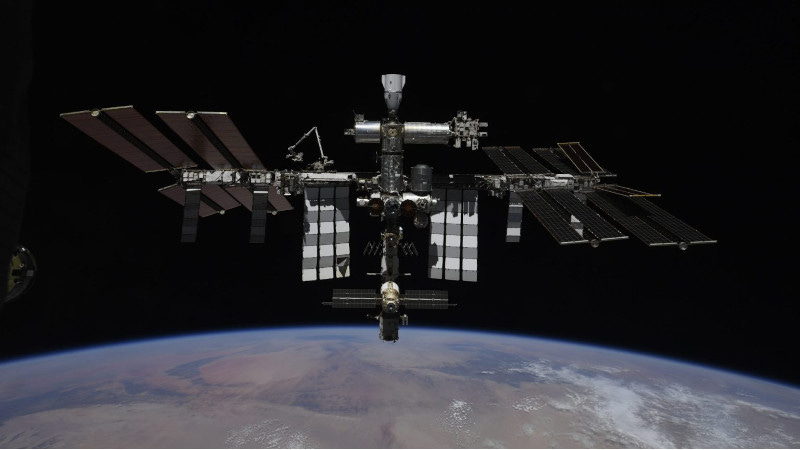ISS National Lab Sponsoring Botanical, Cardiac, and Genetic Research
New Science Mission will Span Five Months in Orbit
A new five-month expedition begins with NASA's ninth rotational crew mission (Crew-9) to the International Space Station (ISS). The crew will conduct a variety of scientific investigations, including many sponsored by the ISS National Laboratory.
NASA astronaut Nick Hague (commander) and Roscosmos cosmonaut Aleksandr Gorbunov (mission specialist) flew to…




